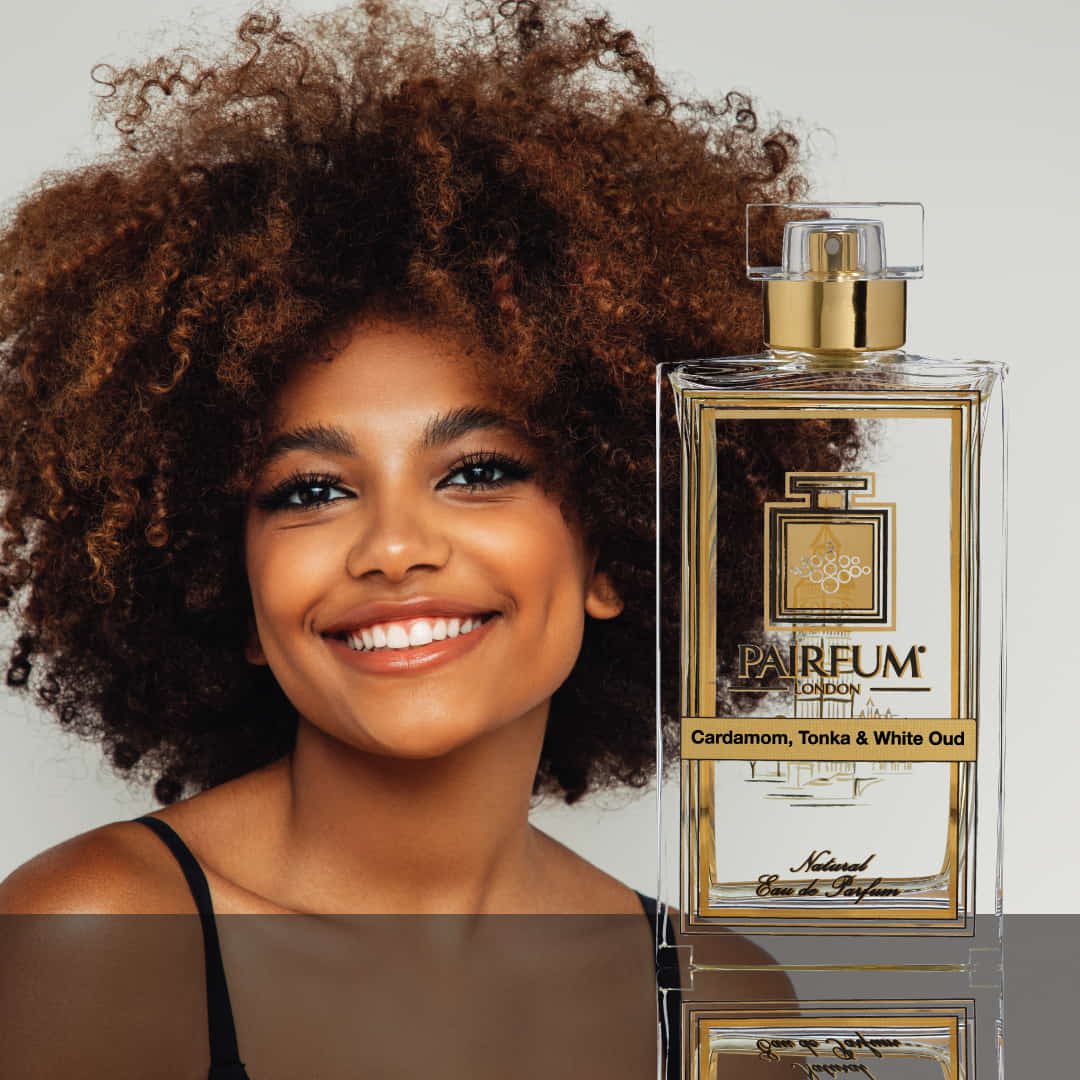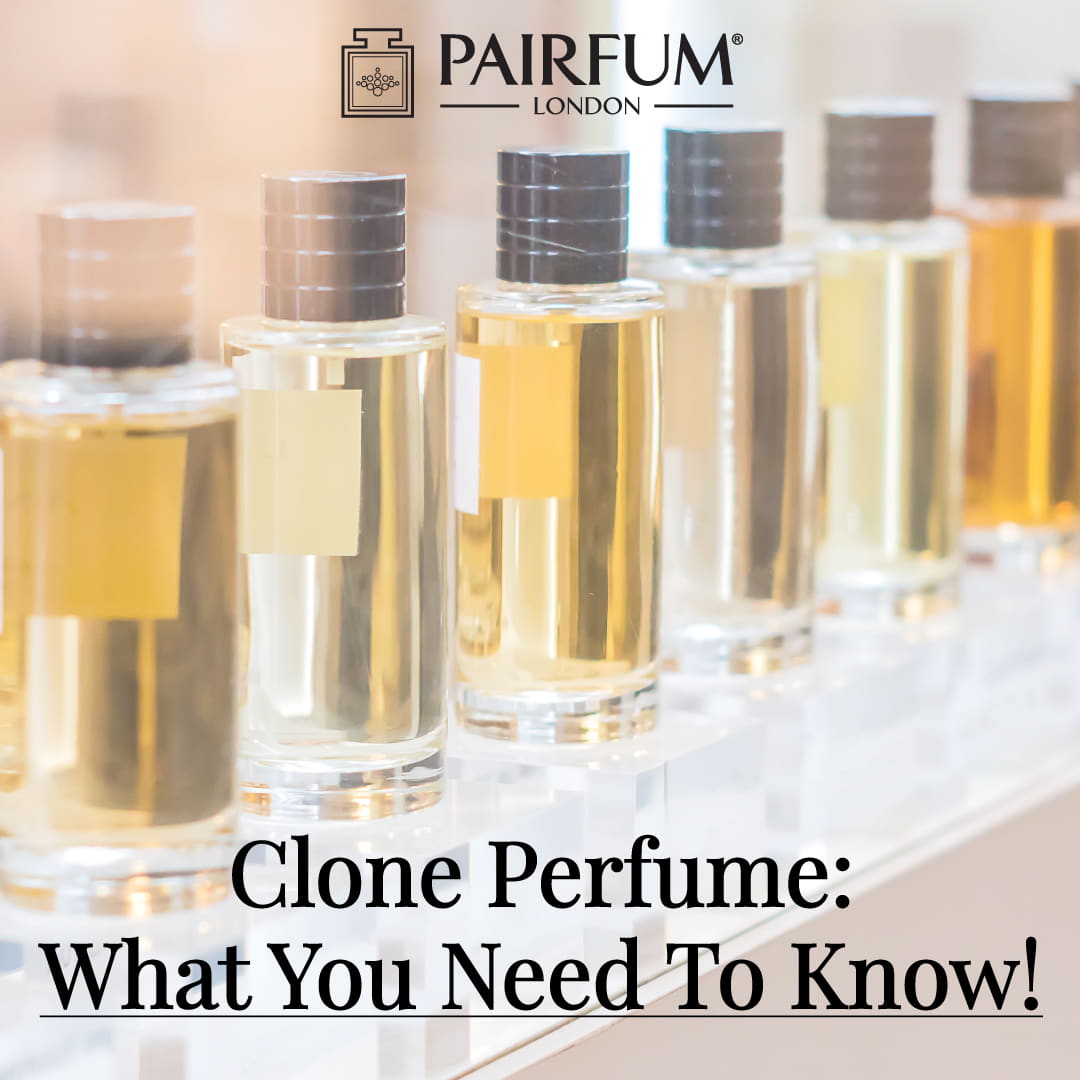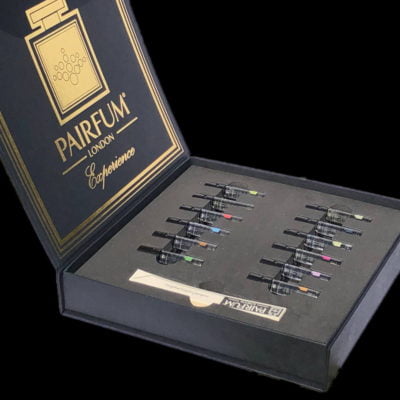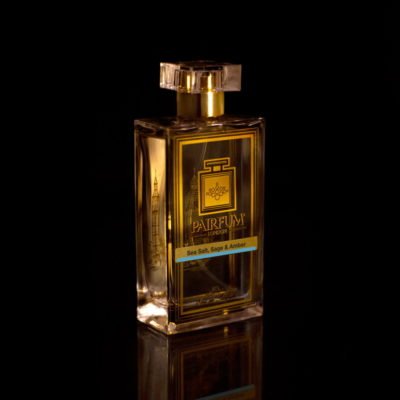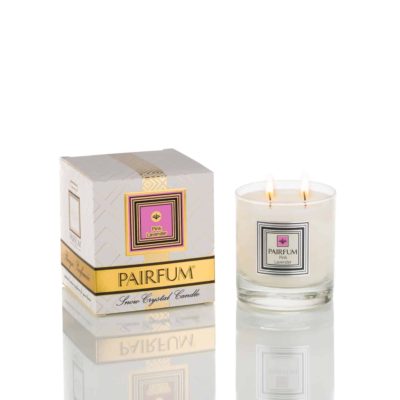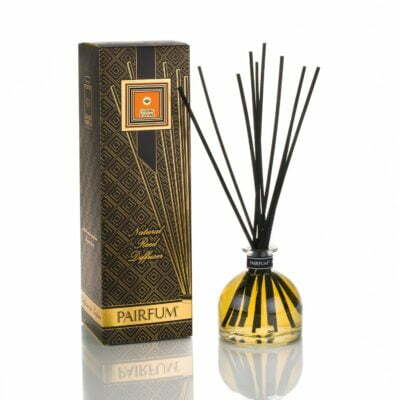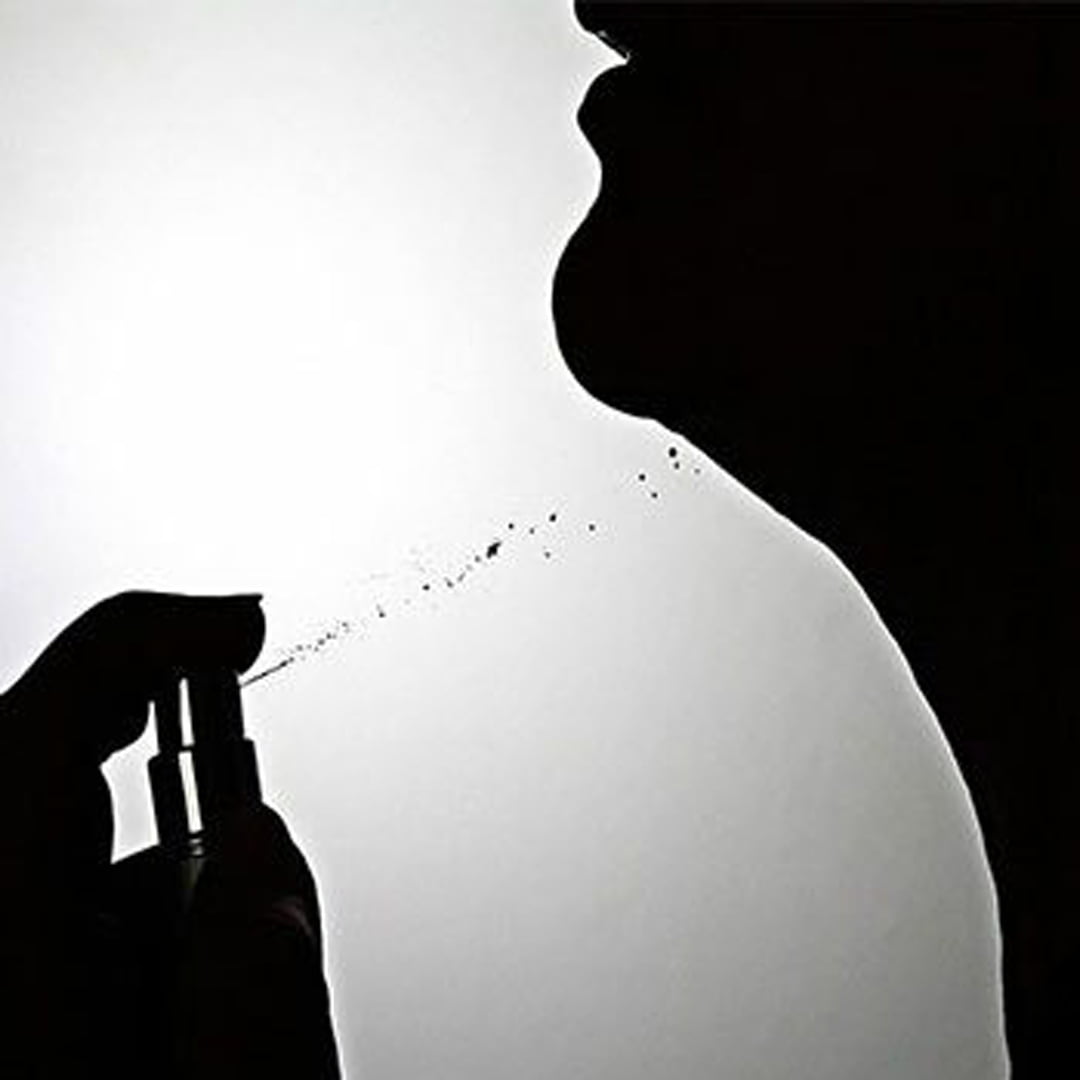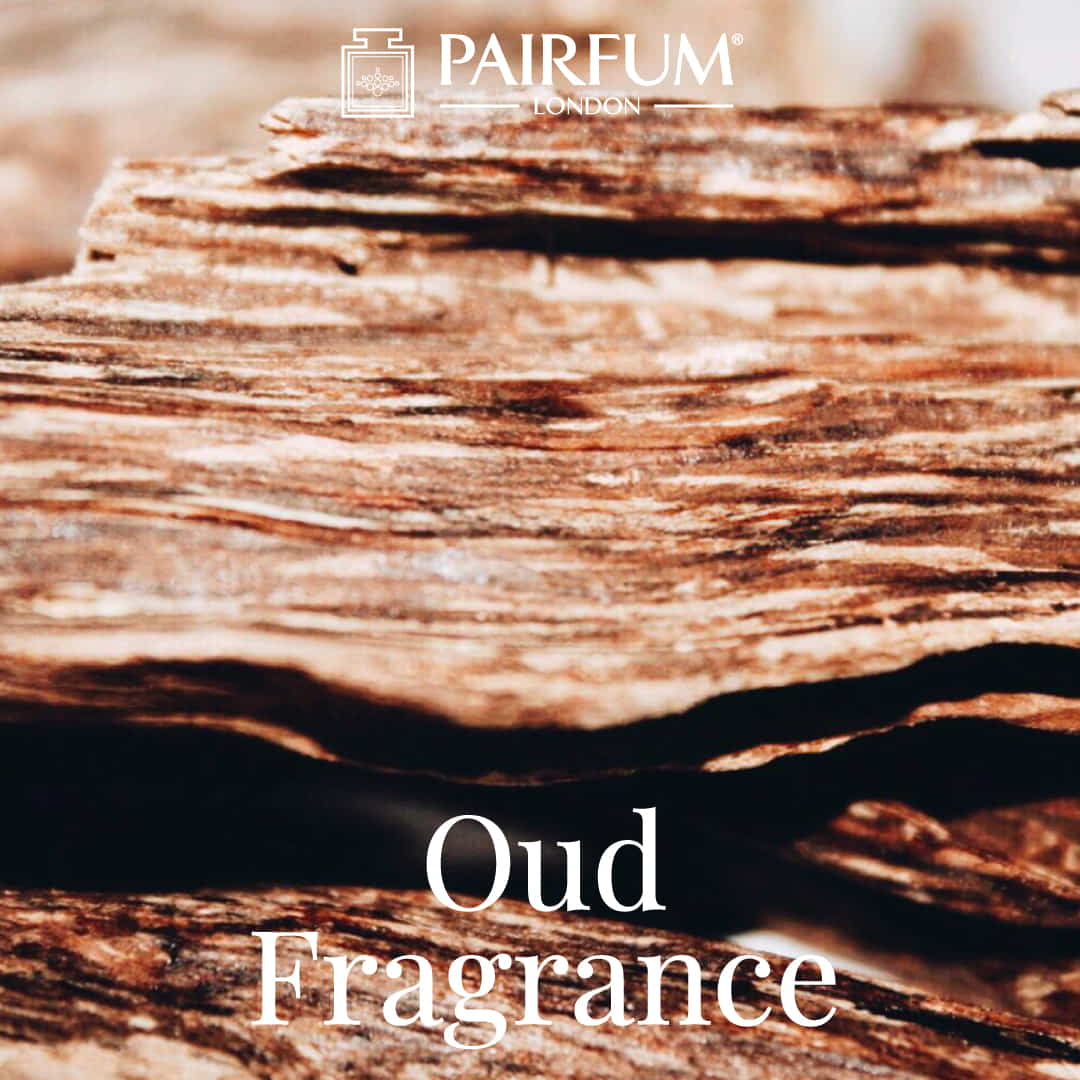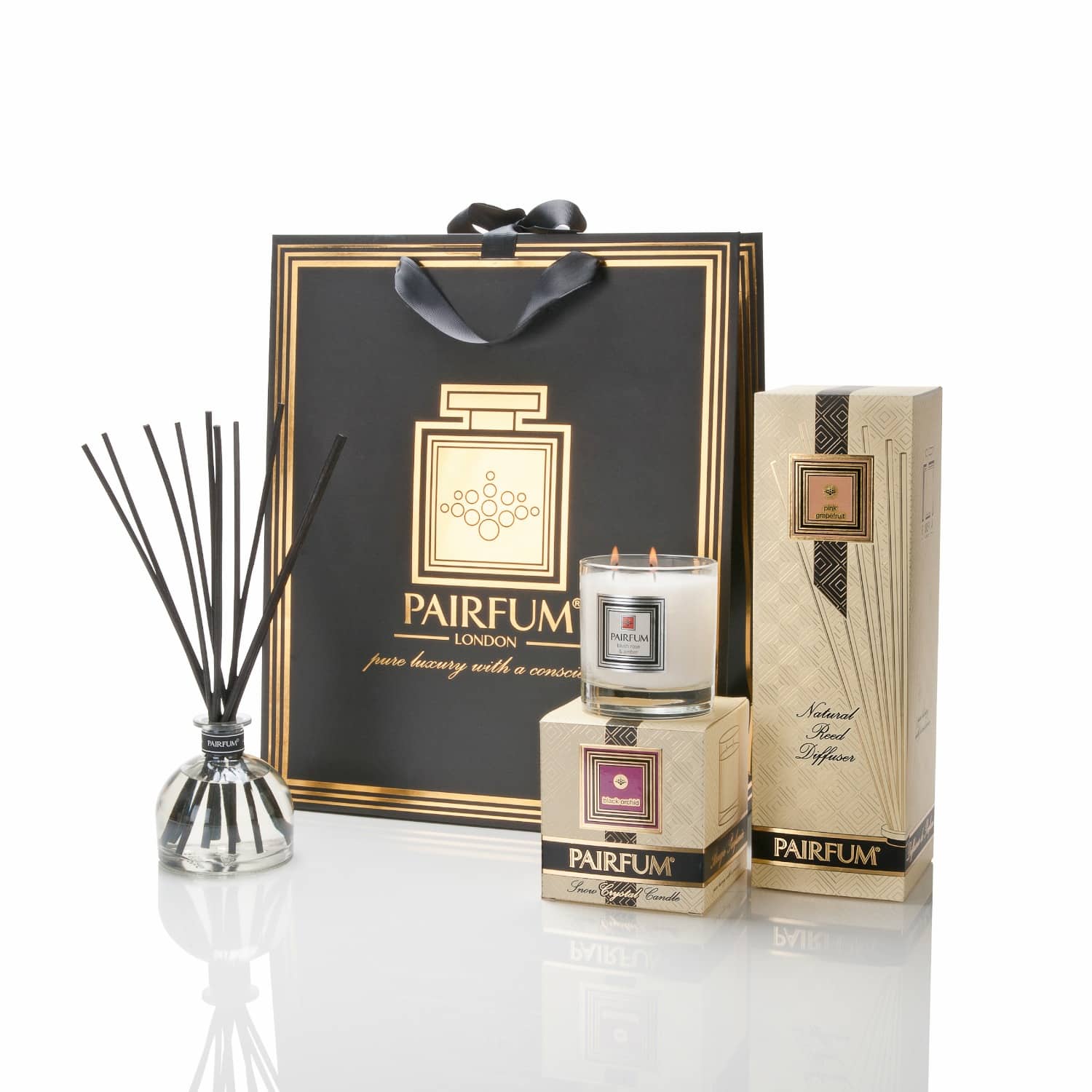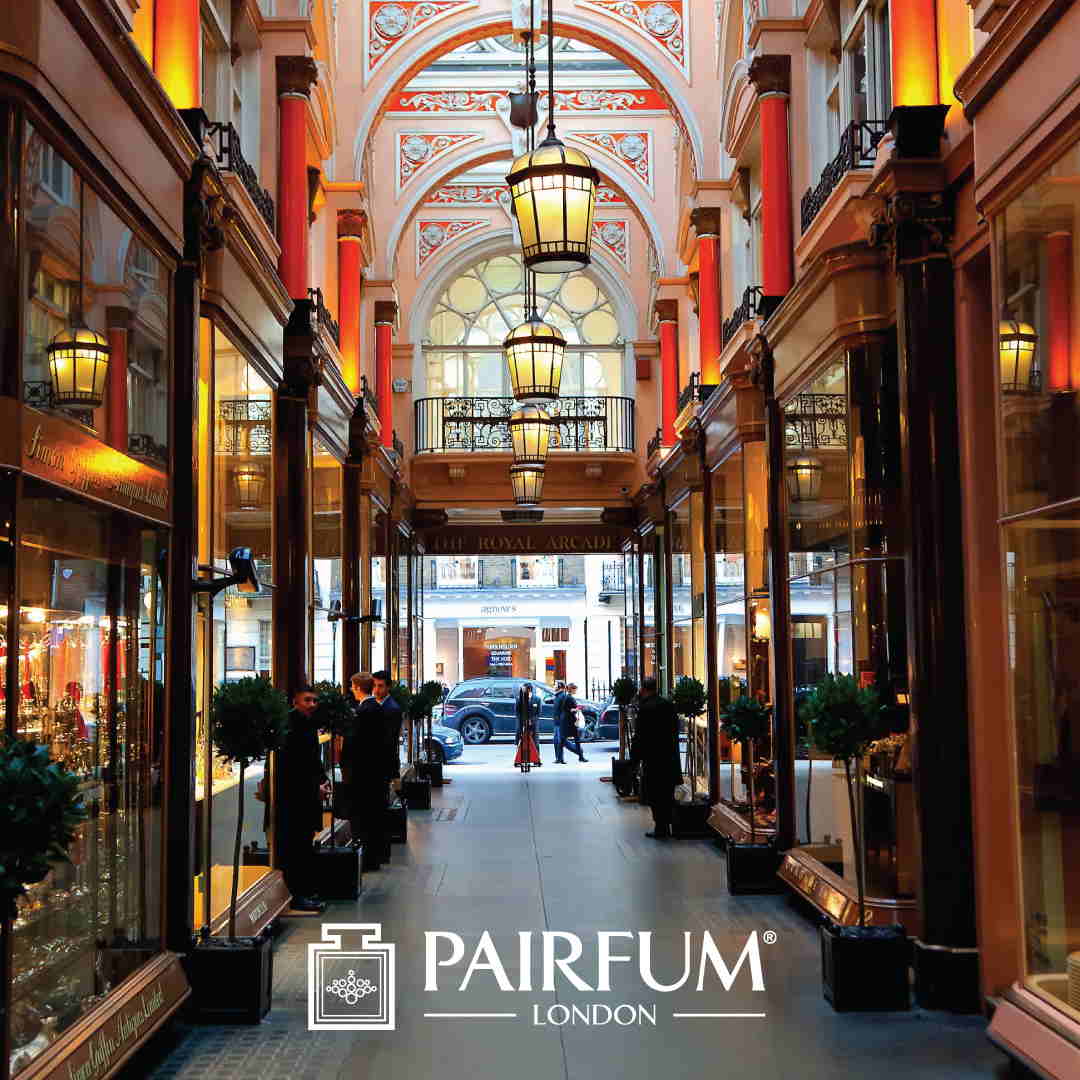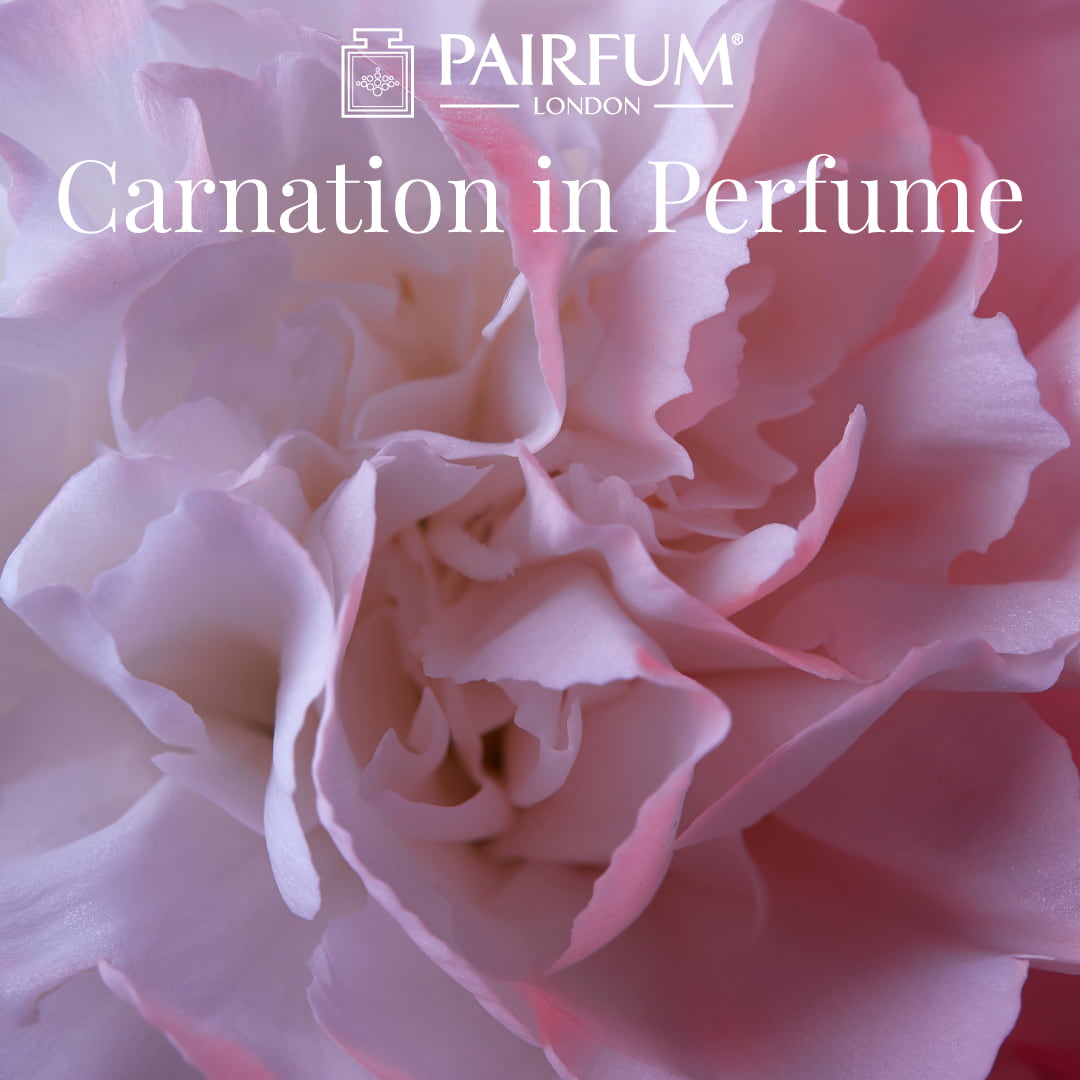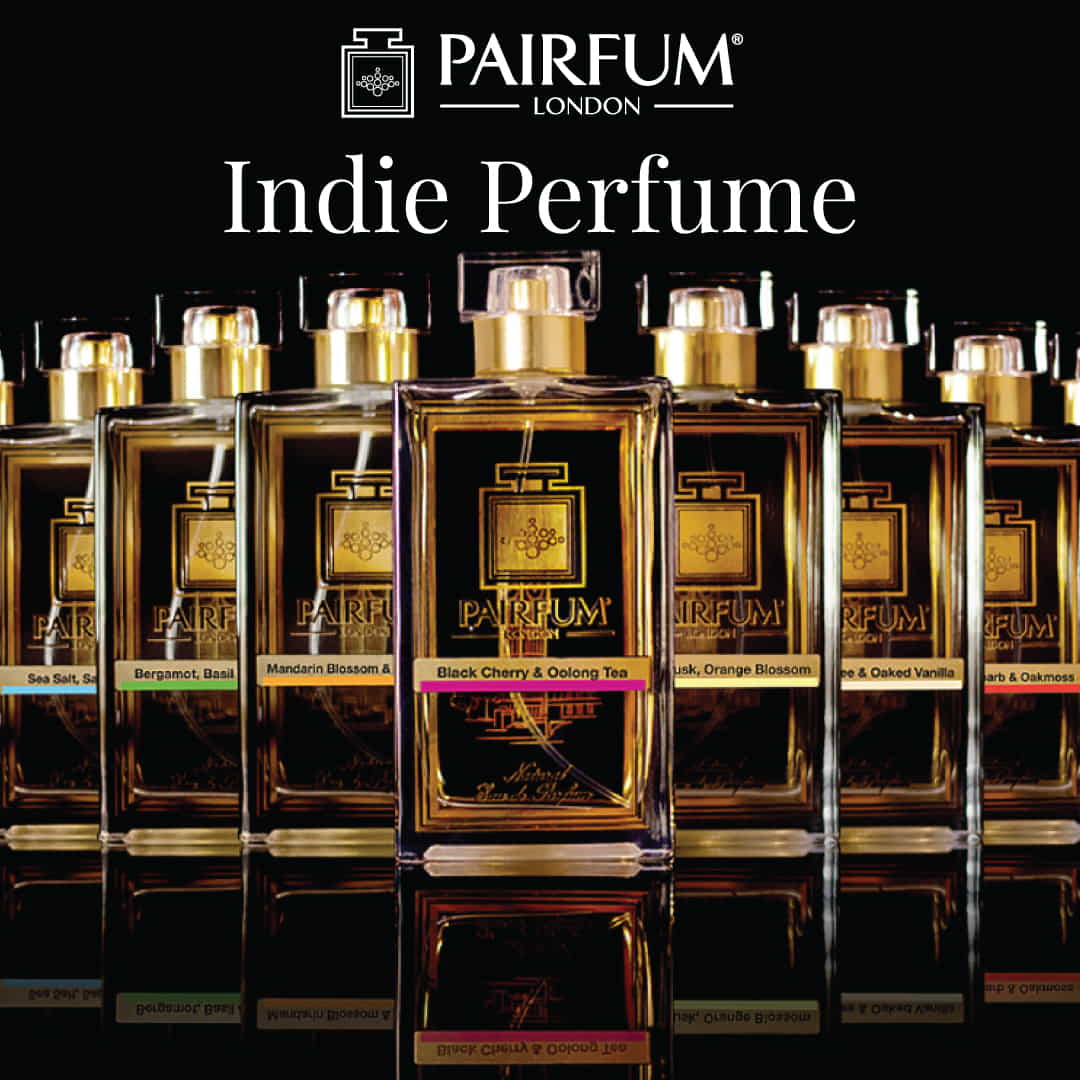Introduction
Buying perfume dupes or copycat fragrance is very tempting but should you do it?
We present the positives, highlight the risks and introduce alternatives.
The question of whether it is worthwhile buying a replica perfume was prompted by a BBC pod cast on ‘clone’ perfume. We found their review quite superficial and not well-informed which inspired this article.
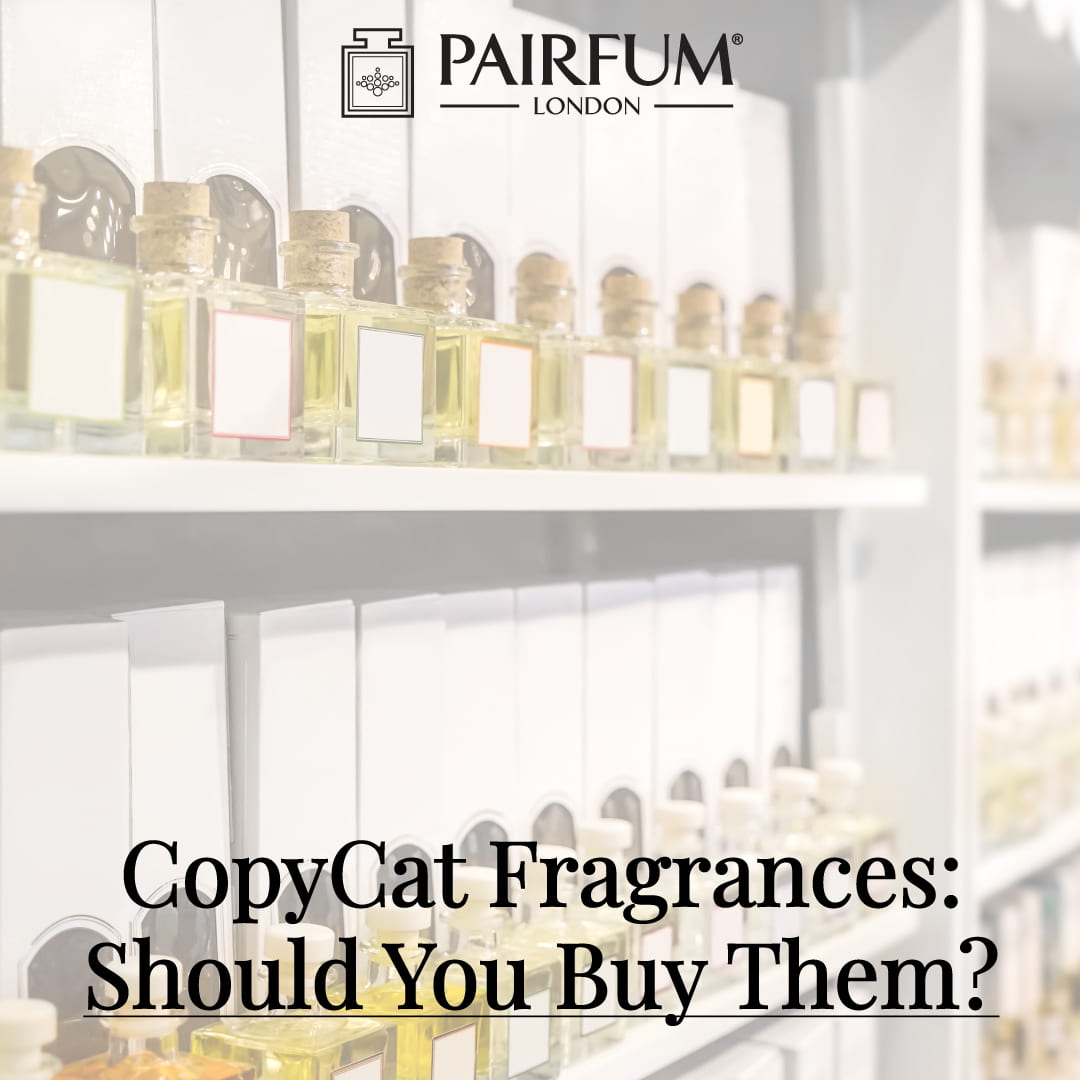
Copycat Fragrance: What You Need to Know!
A. Definition of a Clone Perfume
A clone perfume is defined as a perfume that replicates, copies or imitates the scent of a well-known, popular and expensive luxury fragrance. These copycat fragrances come with a much, much lower price tag than the expensive, originals.
We believe the following are all synonyms: replica perfume, copycat fragrance, perfume dupes, clone perfume, knock-off fragrance, similar scents, fragrance matches, … the list is endless and the all mean the same.
The theory behind a knock-off perfume dupe is simple: cut out the big margins and pass the savings onto the customer.
But, … is it really that simple?
B. The Rise Of Copycat Perfumes
The practice of creating a copycat fragrance has been around for many years, and is still considered a taboo within the fragrance industry. Regardless of industry or product, copycats are always frowned upon and considered risky.
However, over the years, the rising popularity of designer fragrances the temptation of using cheap and affordable copycat fragrances has grown. Today, many companies specialise in creating clone perfumes that rival the scents of expensive designer perfumes.
The question remains: Should you buy perfume dupes?
Let’s start with a few examples of popular designer perfume dupes:
- Jo Malone Lime Basil & Mandarin, Sea Salt & Wood Sage, Velvet Rose & Oud
- Chanel No5, Chanel Coco Mademoiselle
- Dior J’Adore, Dior Sauvage, Poison
- Tom Ford Ombre Leather, Tobacco Vanille, Lost Cherry
- Dolce & Gabanna Light Blue
- Paco Rabanne 1 Million, Olympea
- Marc Jacobs Daisy
- Yves Saint Laurent Opium and YSL Black Opium
- Victoria Secret Midnight Blossom
- Lancôme La Vie Est Belle
Even some Niche Fragrances or Artisan Perfumes are being copied:
- Creed Aventus
- Baccarat Rouge
- Le Labo
- Maison Francis Kurkdjian
- Maison Margiela
C. Understanding Copycat Fragrances
Understanding the pros & cons of copycat fragrances is essential for fragrance enthusiasts and those looking for an affordable alternative to high-end perfumes.
With so many copycat fragrances on the market, knowing what to look for and how to find the perfect scent can help you save money without compromising on fragrance quality, intensity or longevity.
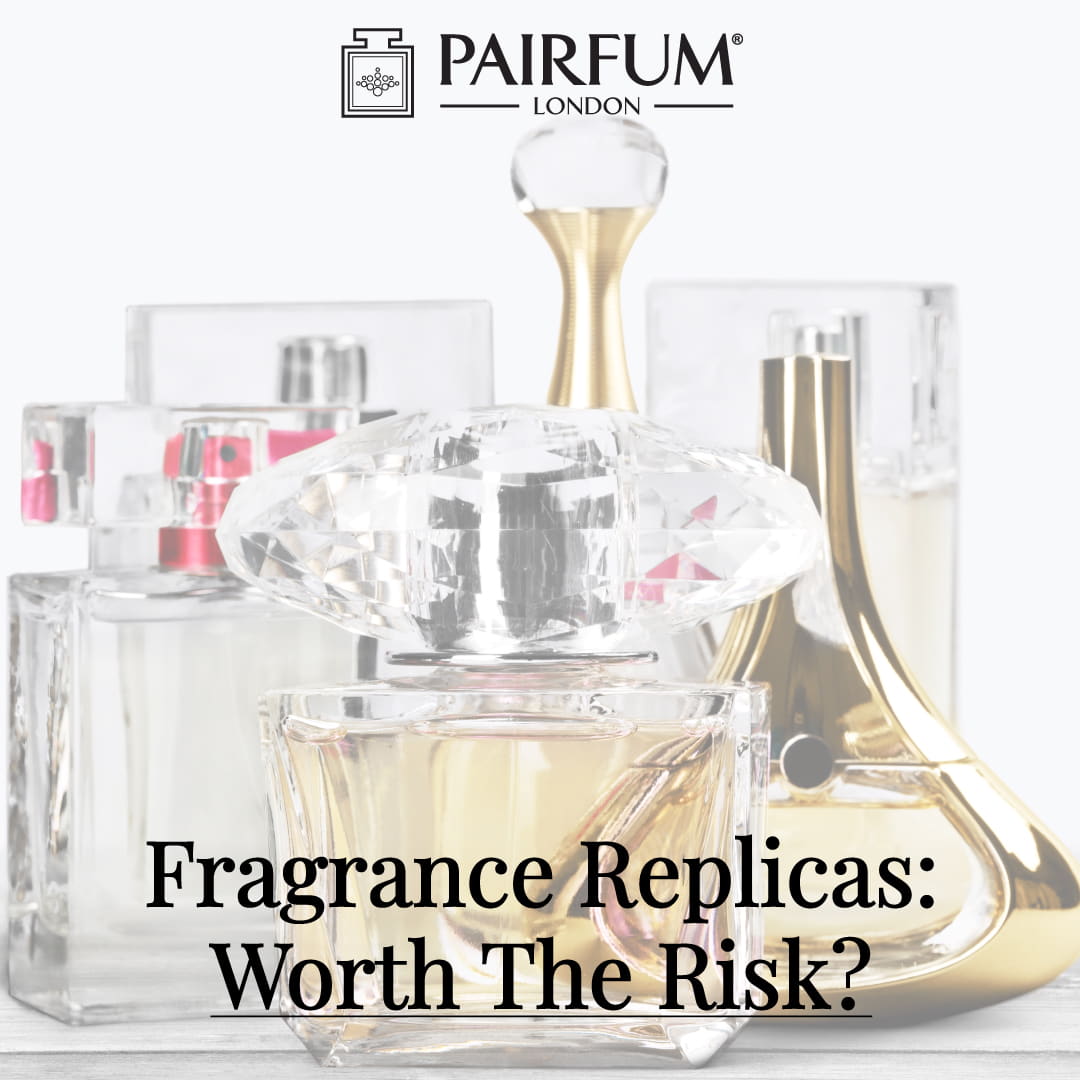
Understanding Fragrance
To understand the pros & cons of perfume dupes or copycat fragrance, let’s have a quick look what is inside a perfume.
A. Fragrance and Perfume
Fragrance is a blend of fragrance oil and other aromatic raw materials that is used to provide a wonderful scent to an individual, space or object. Perfume is a specific type of fragrance that is made up of a concentrated blend of fragrance oils, alcohol and other ingredients, e.g. skin soothing materials in the case of an After-Shave.
B. Components of fragrance
Designer Brand Fragrances are composed of 50-200 fragrance ingredients that create notes. Notes refer to the different layers of a designer fragrance that form the overall olfactive profile of a scent, which can be broken down into top notes, middle notes, and the base note.
- Top notes are the initial impression of a fragrance and evaporate quickly. Here are examples of fragrance oils in the top note: citrus (lemon, bergamot, …), fruity (cherry, strawberry, …), herbal (lavender, mint, …), watery notes.
- Middle notes form the core of the fragrance and last longer. They tend to be floral notes (rose, jasmine, orange blossom, geranium, lily of the valley, …), spices (clove, cinnamon, pink pepper, …), fruity (blackcurrant, peach, raspberry, fig, …).
- Base notes are the foundational scents that provide depth and longevity to the fragrance. Examples are woods (sandalwood, patchouli, vetiver, …), gourmands (vanilla, tonka, …), oriental (amber, oud, incense, …), musk.
The ingredients can include natural, e.g. patchouli, citrus, … or synthetic compounds, e.g. musk, vanilla, … Each of these ingredients typically exist in various grades, e.g. high or low quality. Sometimes biodegradable versions exist and more recently naturally produced types, e.g. via fermentation, have become available.
The quality of the final fragrance is obviously directly dependent on the quality of the ingredients used.
In this respect, fragrance is similar to food or drink items. In other words, it requires a miracle to create a meal worthy of a Michelin star with inferior ingredients.
C. Fragrance packaging & components
Fragrance packaging and components play an important role in showcasing the qualities of a luxury perfume.
The manufacturers of copycat fragrance try to save costs wherever they can which is why they will have to use inferior carton boxes, glass bottles, caps and spray pumps.
Here are examples of how an inferior spray pump can affect you directly:
- A spray pump that breaks halfway through the life of perfume can be most annoying
- Alternatively, the spray pump may become clogged because of inferior perfume ingredients
- the spray pattern of the pump may not be as fine or wide, as on the original. In other words, it may produce a jet stream that splashes rather than a fine and gentle mist.
Something similar happens when buying inferior glass or caps:
- the glass and/or cap may not be as clear
- the surface of the glass may be rough
- the edges of the bottle or cap might not be as smooth
- the printing may be smudged or peel of quickly.
You have consider whether this is a risk worth taking. There is no point in being ‘penny wise, pound stupid’.
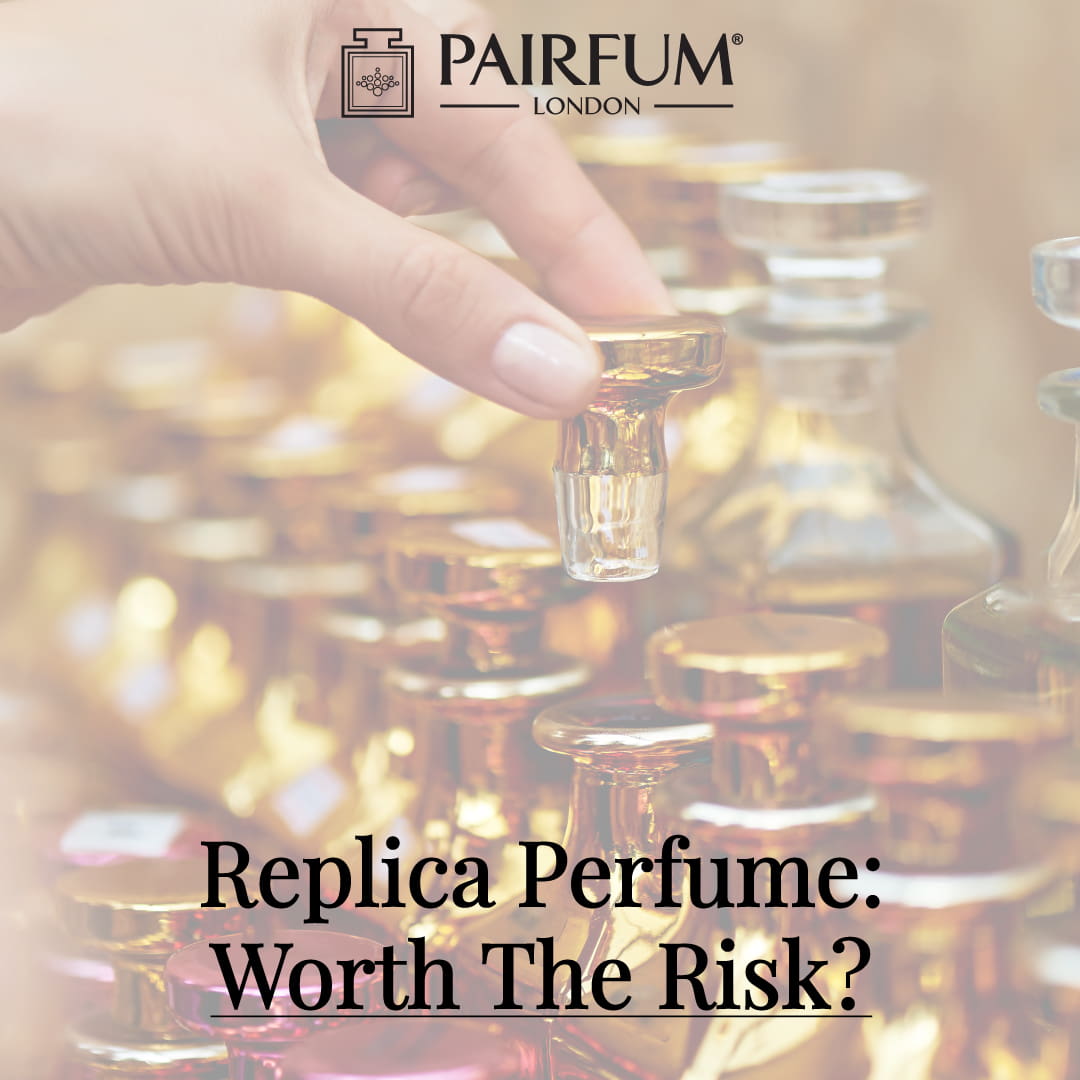
The Appeal of Perfume Dupes
a. Price
The appeal of a designer perfume dupe is our hope of buying a scent similar to an original perfume at a much more affordable price.
The ability to replicate the scent of a favourite perfume at affordable prices is a huge draw for consumers. Luxury fragrances come with a high price tag, but a clone or dupe offers the prospect of a similar scent at a fraction of the cost.
Not everyone can afford to buy the original fragrance, but perfume dupe allow consumers to enjoy their favourite scent at a more affordable price point.
b. Discount Code
Typically, we can’t find a discount code for our favourite perfume or we hurry through the airport and our promo code doesn’t apply to the designer perfume we would like to buy because the retailer has some wonderful excuse.
This can be most frustrating and these disingenuous sales tactics actually incentive us to look around for alternatives and perfume dupes.
As with all fashion items, discounts are usually readily available for last season’s stars but not this year’s must have items.
What a pity and so annoying.
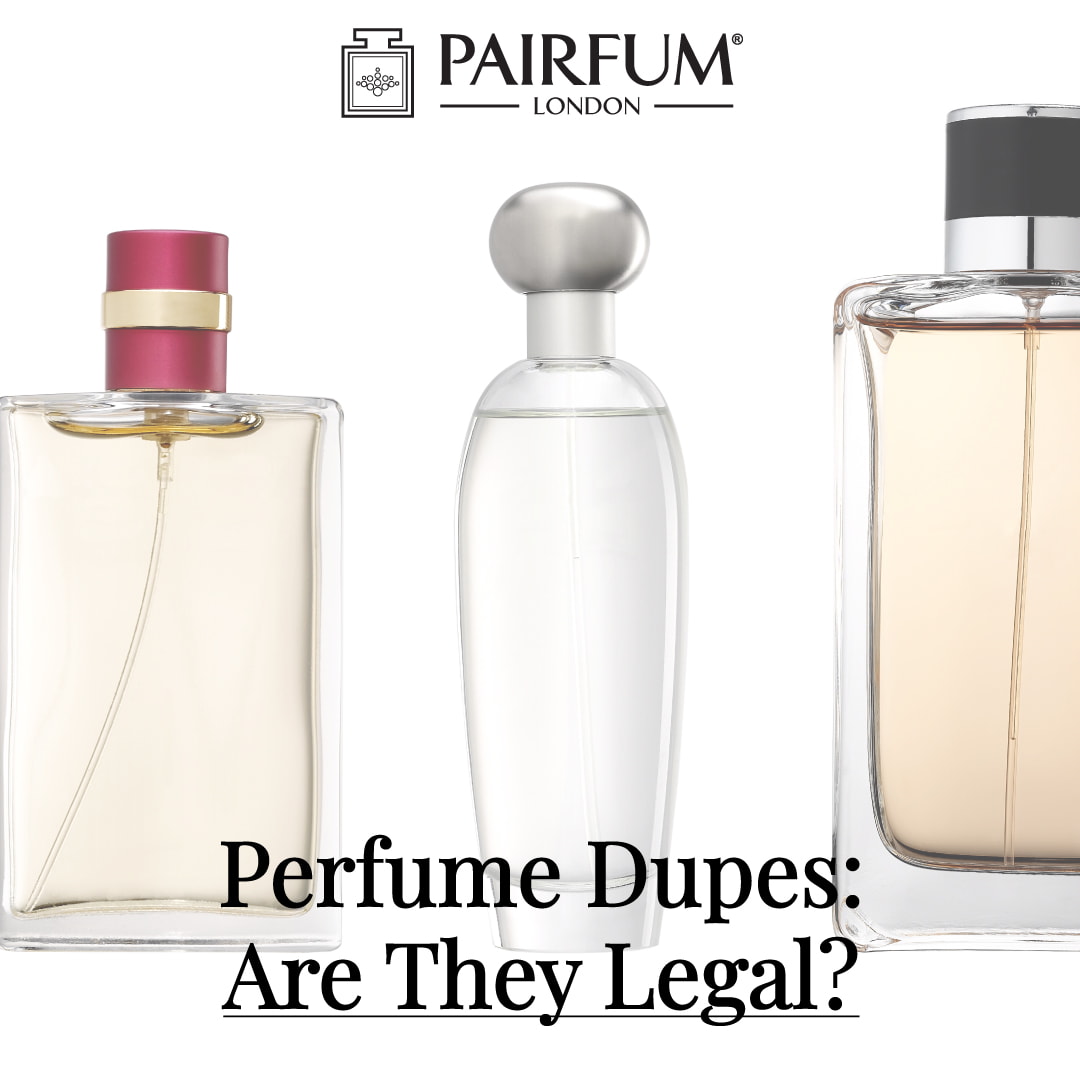
The Controversy Surrounding Perfume Dupes
A. Intellectual property
One of the main areas of controversy surrounding copycat fragrances is the issue of intellectual property.
Original fragrances are protected by copyright laws, which means that copying them without permission is illegal. Copycat fragrances can therefore be seen as a form of theft, as they essentially steal the scent of another company. This can have a negative impact on the fragrance industry as a whole, as companies may be less likely to invest in developing new scents, if they feel that their ideas are not being properly protected.
Essentially, copying a perfume is unethical.
Retailers and manufacturers are fully aware of this and tread a very fine line consciously when they sell Aldi Eau de Parfum or Zara Perfume Dupes.
B. Quality ingredients and safety
Another area of concern when it comes to copycat fragrances is the quality of the ingredients used. There are a number of issues that can arise when using lower quality or unsafe ingredients in fragrance products.
1. Fragrance quality and longevity
Copycat fragrances must use cheaper ingredients to create a similar scent at a lower cost compared to the original.
Another trick to save cost is to cut back on the expensive back notes of a perfume. When trialling perfume dupes you may not immediately notice this but it results in a lower quality fragrance with a much shorter lifespan.
The result can be disappointing.
The actual shelf-life of a fragrance replica may also be disappointing. Original designer scents should last at least 2 years from the moment you open the perfume, a copycat perfume may not last as long.
Both the perfumer and the manufacturer of dupes are known to take shortcuts (to save cost & time) and might not have thoroughly checked whether the perfume is not unstable. If you use up your dupe quickly, then this might not be an issue.
2. Skin irritation and sensitisation
Some copycat fragrances may cause skin irritation and/or even worse skin sensitisation because:
- they use lower quality grade materials or ingredients that are just not as pure and may contain impurities that irritate the skin,
- due to a lack of knowledge, the supplier overdoses perfume oils that are known irritants or sensitisers. The reputable perfume industry uses a continuously changing and complex framework that regulates the use of fragrance ingredients. It is costly and time consuming to keep up with regulations that change on a quarterly basis and a producer of copycat fragrances is not inclined to do so.
- the perfume my contain other harmful chemicals that can cause skin irritation or sensitisation in some individuals. For examples, the perfume may be diluted with water or solvents and requires solubilisers or preservatives that may cause irritation.
This can be a serious health concern, especially for those with sensitive skin or allergies.
Do you trust the retailer of a dupe not to take ‘shortcuts’?
C. Ethical and eco-friendly practices
Finally, there are also ethical concerns surrounding replica perfume, particularly when it comes to the responsible sourcing of ingredients and fair labour practices.
1. Responsible sourcing of ingredients
Copycat fragrances may not be as committed to sourcing ingredients responsibly or using sustainable practices as original fragrance companies.
This can have a negative impact on the environment and local communities, as well as contributing to a lack of transparency in the industry.
For example, there has been a lot controversy around the sourcing of patchouli oil.
Ideally, you want that traceability exists from the source to the final end-product. Does the manufacturer of copycat fragrances invest in these types of ‘invisible’ benefits?
2. Child labour and fair wages
There are also concerns about the use of child labour and fair wages in the production of copycat fragrances. Original fragrance companies often go to great lengths to ensure that their products are made ethically, with fair labour practices and wages for employees.
Copycat fragrances may not have the same standards in place, potentially contributing to exploitative labour practices. Labour cost are an obvious area where manufacturers can save money.
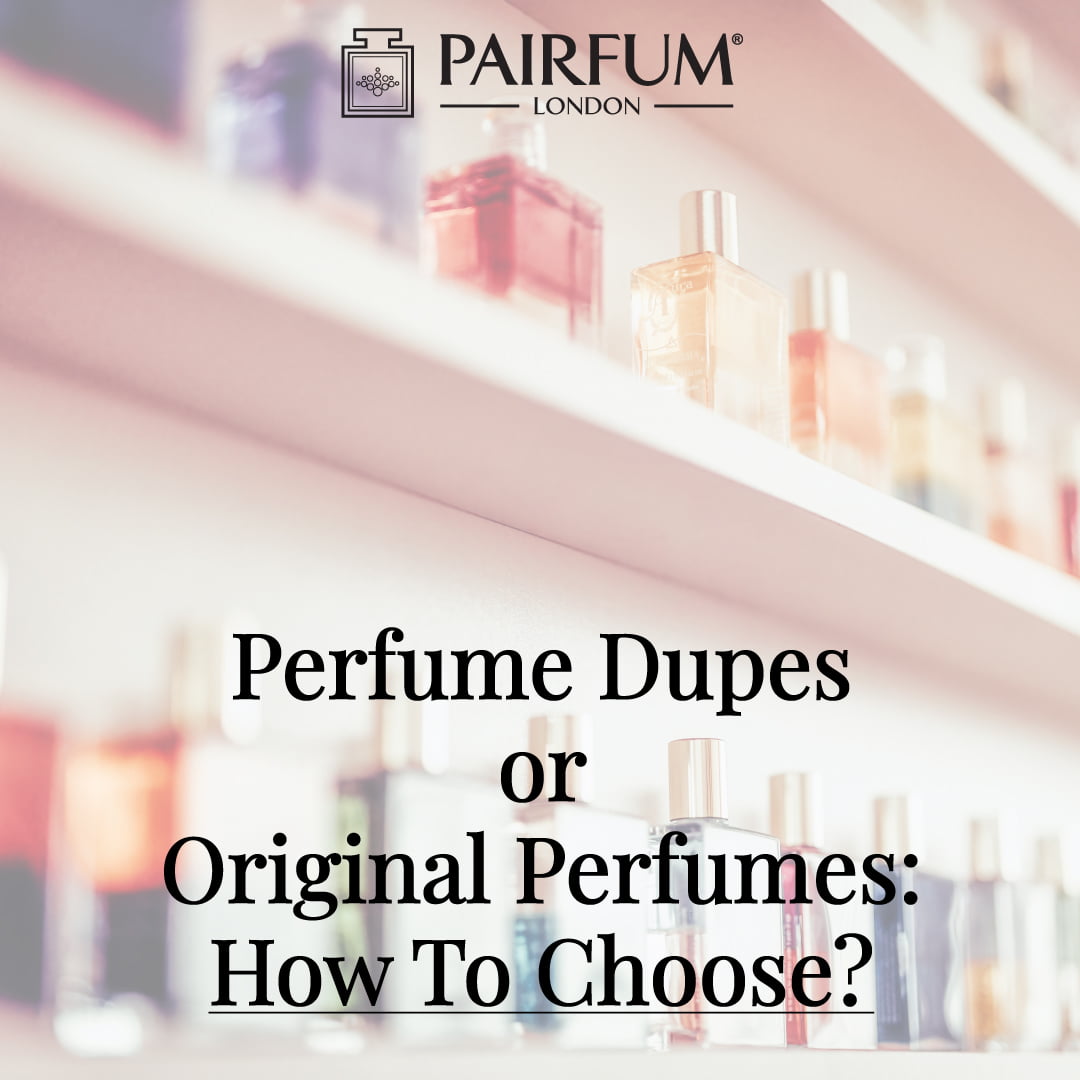
How to Choose Between Original and CopyCat Fragrances?
A. Understanding the price tag
When it comes to choosing between luxury and cheaper fragrances, it’s important to understand the price tag: Luxury fragrances are typically more expensive because they use higher quality ingredients, are created by highly trained perfumers to offer originality and performance, presented in luxurious packaging & bottles, endorsed & promoted via celebrities and TV advertising campaigns, and offered by trained staff in a wonderful shopping environment that allows you to try a perfume before you buy. You can actually wear it on our skin before you make a decision.
On the other hand, cheap knock-off fragrances have to use lower quality grades of ingredients, save on packaging and componentry, and may not be created by perfumers that know how to combine fragrance oils to create perfumery accords not just initially but also that work over time.
How do you try knock-off fragrances over time on your skin when standing at market stall and you are dazzled by their low price tag?
B. Benefits of luxury fragrance
The benefits of luxury fragrance are many. The original, luxury fragrance typically smells more complex and sophisticated than their cheap replicas. When comparing like for like, i.e. the Original Eau de Toilette with the Replica Eau de Toilette, you can expect that the original will have a higher concentration of fragrance oils, meaning the fragrance should be stronger and last longer.
Why? It is very tempting for the producers of replicas to reduce the dosage to save cost because during the a quick evaluation at a market stall the difference is not immediately noticeable.
Other benefits include:
- luxury fragrances often have better projection, meaning their perfume will project into a room.
- their sillage can be expected to be superior. The sillage is the trail a fragrance leaves behind once the wearer has left. Ingredients that create a sillage are, however, expensive.
Another benefit of luxury fragrance is the prestige that comes with wearing high-end, designer scents. Nobody likes to come across as ‘cheap’ by taking a knock-off perfume or dupe out of their bag.
C. Benefits of replica perfume
While luxury fragrances may have their benefits, cheap fragrances shouldn’t be discounted immediately.
They are more affordable, which means you can experiment with different scents without breaking the bank.
Perfume dupes are also created to mimic the scents of higher-end fragrances, so you can get a similar scent without the large price tag.
Last, some people prefer the simplicity of replica perfume, which often has fewer notes and becomes easier to sense.
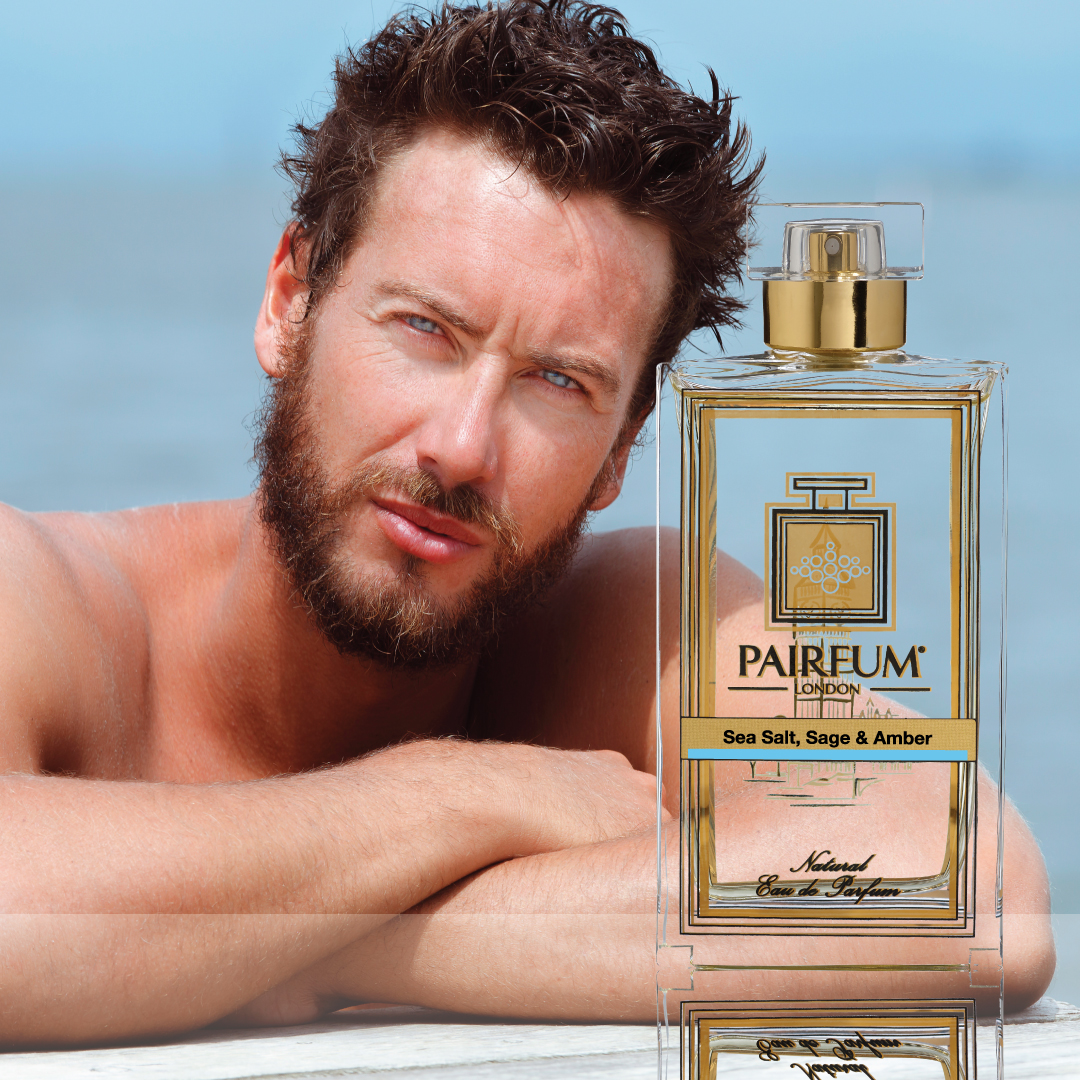
Conclusion
When deciding whether you should buy a replica perfume or the original, i.e. the real thing, you have to choose whether you prefer cheap perfume and accept the risks or rather choose the quality, beauty, originality and safety of the Original.
The following questions remain:
- How do you know whether the replica perfume you are looking at is good or bad?
- Can you try the perfume dupes on your skin over time?
- Do you want to take the risk that it is a skin irritant or sensitiser?
- Can you trust the manufacturer of the copycat fragrances?
Unless you have a convincing answer to these questions, we advise against buying a copycat fragrance.
If you would like to save some money, a better alternative may be to buy the Eau de Toilette version of the Original instead of an Eau de Parfum.
We invite to wear our Natural Niche Perfumes and once you have tried one of our fragrances, we are confident that replica perfume won’t tempt you any longer.
